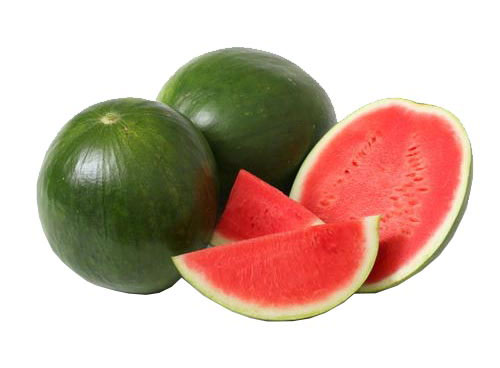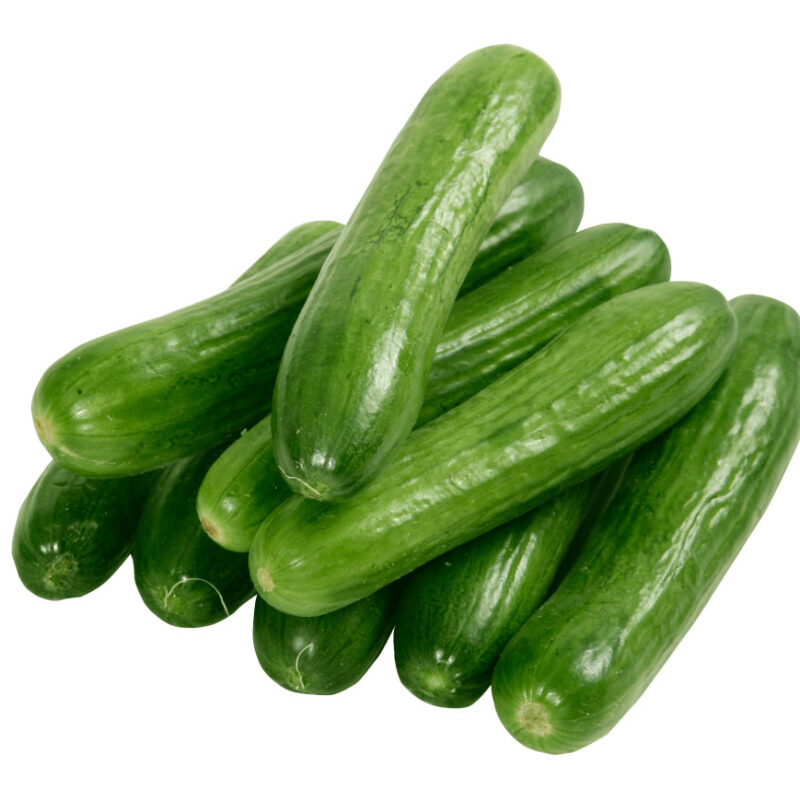Zucchini, also known as courgette, is a nutrient-dense summer squash loved for its versatility in the kitchen and its rich nutritional profile. Low in calories and packed with vitamins, zucchini is an excellent source of vitamins A and C, potassium, and fiber. Whether grilled, sautéed, roasted, or spiralized, zucchini is an easy addition to any meal, contributing both flavor and health benefits.
Nutritional Value of Zucchini
Zucchini is a great addition to a balanced diet due to its high water content and essential nutrients. It is rich in antioxidants, including lutein and zeaxanthin, which support eye health. The fiber in zucchini aids in digestion, promoting gut health and preventing constipation. Additionally, its potassium content helps regulate blood pressure, while vitamin C boosts the immune system. Zucchini is also low in carbohydrates, making it ideal for low-carb and keto diets. For more health benefits, visit Healthline.
Culinary Uses of Zucchini
One of the most versatile vegetables, zucchini can be used in a variety of ways. It can be grilled or roasted for a smoky flavor, sautéed for a quick side dish, or eaten raw in salads for a crunchy texture. Zucchini can also be spiralized into “zoodles,” a popular low-carb alternative to pasta. In baked goods, it adds moisture to cakes, muffins, and breads. Check out our Zucchini Recipe Ideas for more inspiration on how to incorporate zucchini into your diet.
Growing and Storing Zucchini
Zucchini is easy to grow and thrives in warm climates. It can be harvested throughout the summer and stores well in a cool, dry place. For longer storage, zucchini can be frozen after blanching. For growing tips, visit Gardening Know How.





